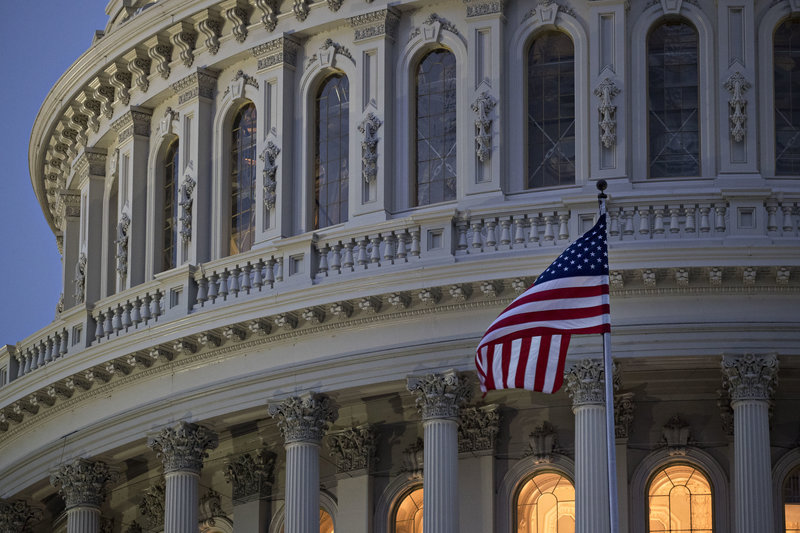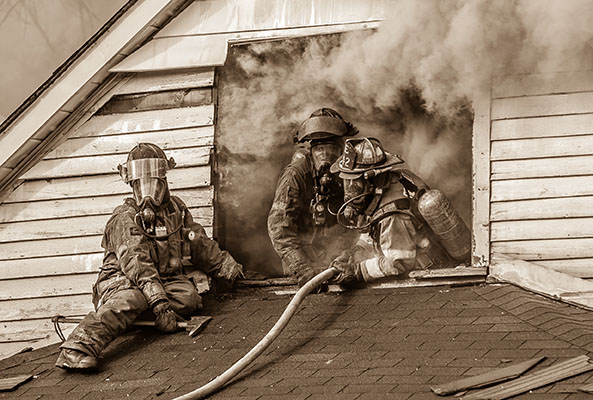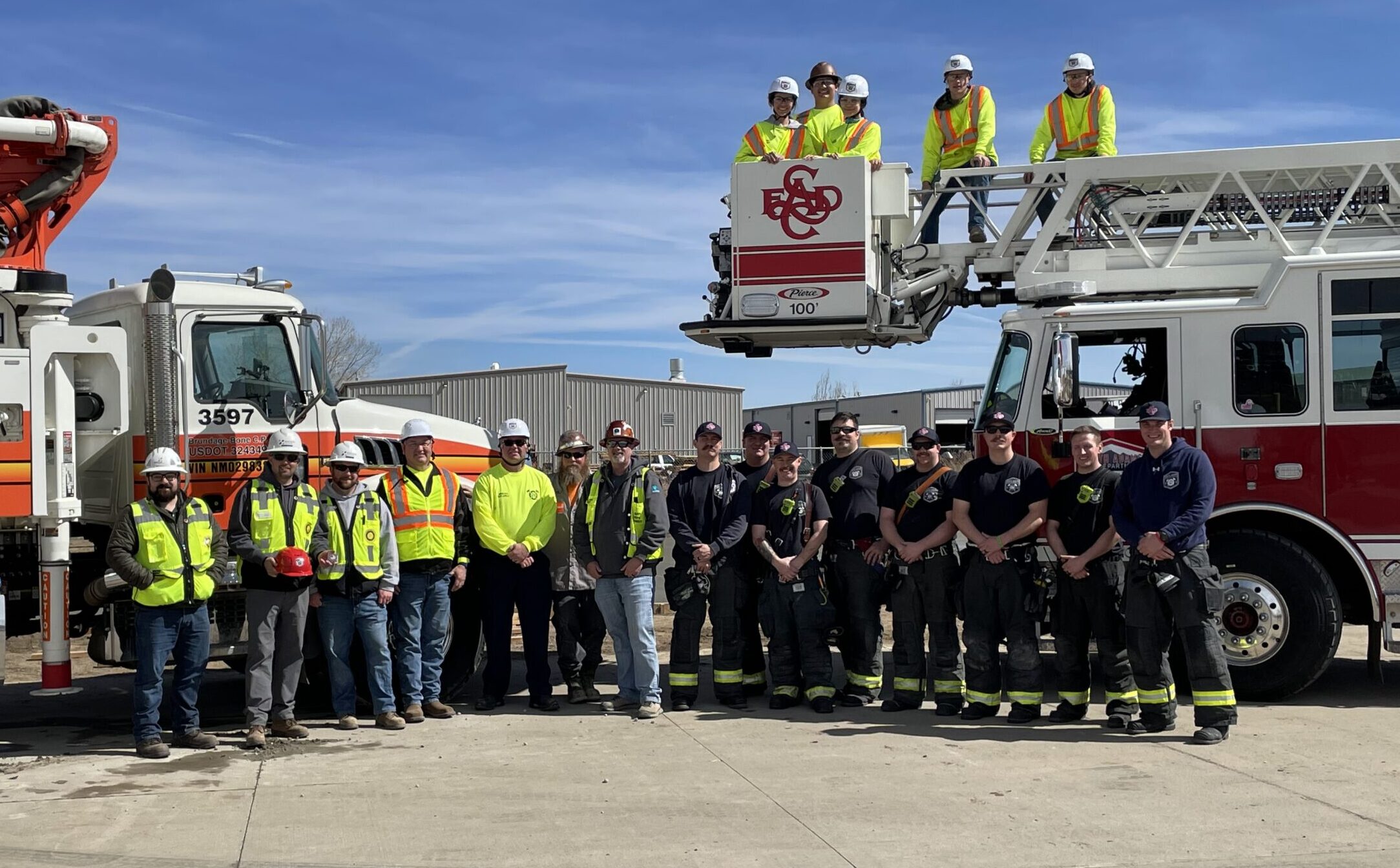After years of delays and indecision, Congress has finally acted to stand up for hardworking Americans, do what is right and repeal the employer-provided health insurance tax, more commonly referred to as the Cadillac Tax.
“The Cadillac Tax is finally dead, and along with it one of the IAFF’s most important legislative priorities has been realized,” says General President Harold Schaitberger. “Employer-provided healthcare is part of this union’s foundation and we will continue in our fight to protect it at every opportunity, whether it be a tax or an attack that attempts to take it away completely.”
Legislation to repeal the tax was originally introduced by Representative Joe Courtney (D-CT) and Senator Martin Heinrich (D-NM). The bill, now law, was attached to a year-end spending package to fund the federal government through the remainder of the fiscal year.
The Cadillac Tax was set to go into effect in 2022 and would have imposed an arbitrary 40 percent tax on employer-provided health insurance. At a time when Americans face increased fears over rising health costs, Congress should not be piling on by taxing the benefits these workers have fought so tirelessly to protect. A recent report from the Kaiser Family Foundation found that 31 percent of employers offering health benefits would face the tax in 2022, increasing to 46 percent by 2030 – many of them fire fighters and other union workers.
This tax would have hit IAFF members the hardest. Due to the dangerous nature of the profession and its unavoidable health risks, fire fighters rely on high-quality, employer-provided healthcare. This dangerous tax would have shifted the burden of coverage onto workers through higher deductibles, co-pays and coinsurance while doing little to actually lower costs.
This historic moment for the IAFF is the byproduct of years of advocacy, coalition building, membership education, outreach and involvement. The tax was sold as a compromise during the 2010 Affordable Care Act (ACA) debate in exchange for protecting the tax deductibility of employer-provided health insurance. In reality, this so-called compromise was an attack on middle-class working Americans. From that point forward, the IAFF has not stopped highlighting the ways the tax would hurt fire fighters and advocating for its complete repeal.
Momentum has been building over time for a repeal of the tax. The Senate voted to fully repeal the tax in both 2015 and 2017. Delays have been passed by both chambers of Congress to prevent implementation, and earlier this year an historic vote was taken on the House floor where full repeal passed overwhelmingly and with bipartisan support 419 to 6.
With House and Senate votes and the president’s signature on final repeal, the Cadillac Tax will no longer be a thorn in the side or worry on the horizon for millions of middle-class Americans.



